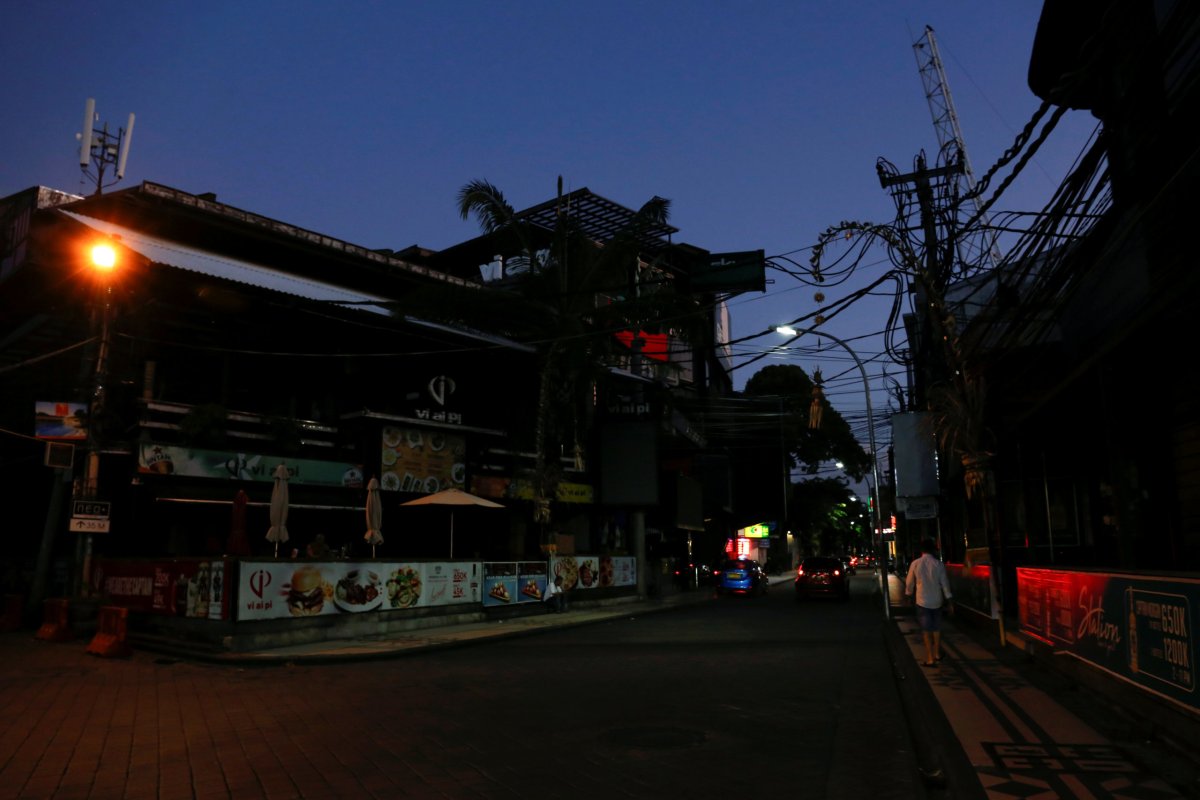JAKARTA (Reuters) – Indonesia is planning to issue an emergency regulation to allow the government to manage a wider fiscal deficit and increase spending in response to COVID-19, a move that will effectively revise the state finances law, a minister said on Tuesday.
The 2003 state finances law caps the budget deficit at a maximum of 3% of gross domestic product for a fiscal year.
The new rules will allow the government to exceed that limit for three consecutive fiscal years, but the cap will be reinstated in 2023, Luhut Pandjaitan, a senior minister who oversees investment and natural resources, said in a video statement.
Indonesia recorded its first coronavirus cases on March 2 and has seen numbers climb to 1,414 infections and 122 deaths as of Monday. Some provinces and cities have shut schools and ordered residents to stay at home.
Jakarta Governor Anies Baswedan on Monday told Reuters he had asked President Joko Widodo to approve a regional quarantine, “effectively a lockdown”, in the capital due to reports that even more people had died of an unspecified contagious disease.
Pandjaitan said the Jakarta governor and Finance Minister Sri Mulyani Indrawati had discussed budgetary needs in preparation in case the capital goes into a quarantine.
Relaxing the budget deficit limit would accommodate spending in support of such a decision, such as a cash transfer to 20% or 40% of the poorest in the population, he said.
The president will decide on calls for regional quarantine this week, Pandjaitan said.
Indrawati previously identified 62.3 trillion rupiah ($3.78 billion) of spending in the 2020 budget that could be redirected to the COVID-19 response and called on regional governments to shift their budgets for healthcare. Her latest outlook for the 2020 budget deficit was 2.5% of GDP.
The planned emergency regulation, called “a regulation in lieu of law”, can be made effective immediately, but must be approved by parliament in its next session. A key parliamentary committee had already endorsed such move.
(Writing by Gayatri Suroyo; Editing by Muralikumar Anantharaman and Edmund Blair)






















